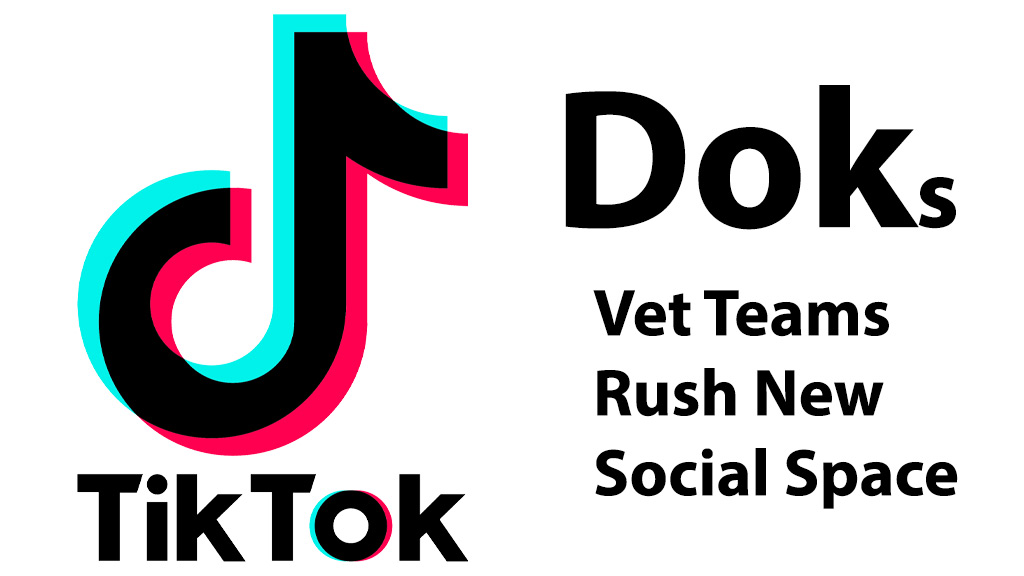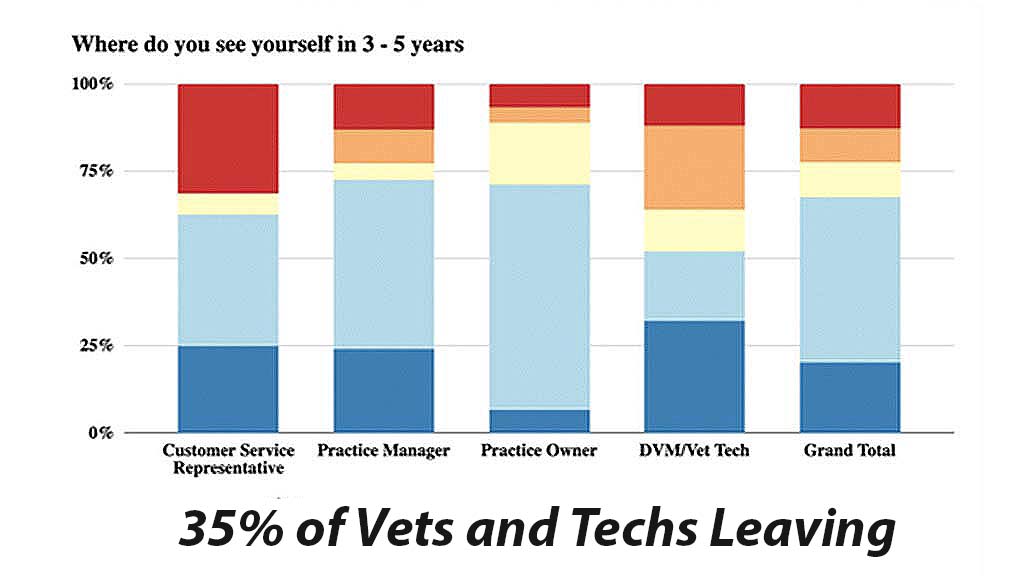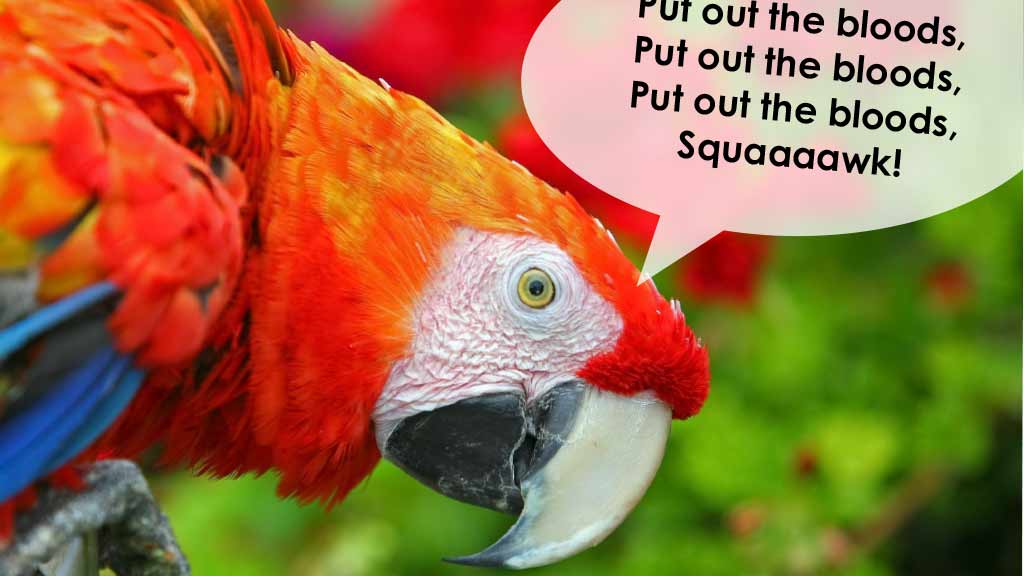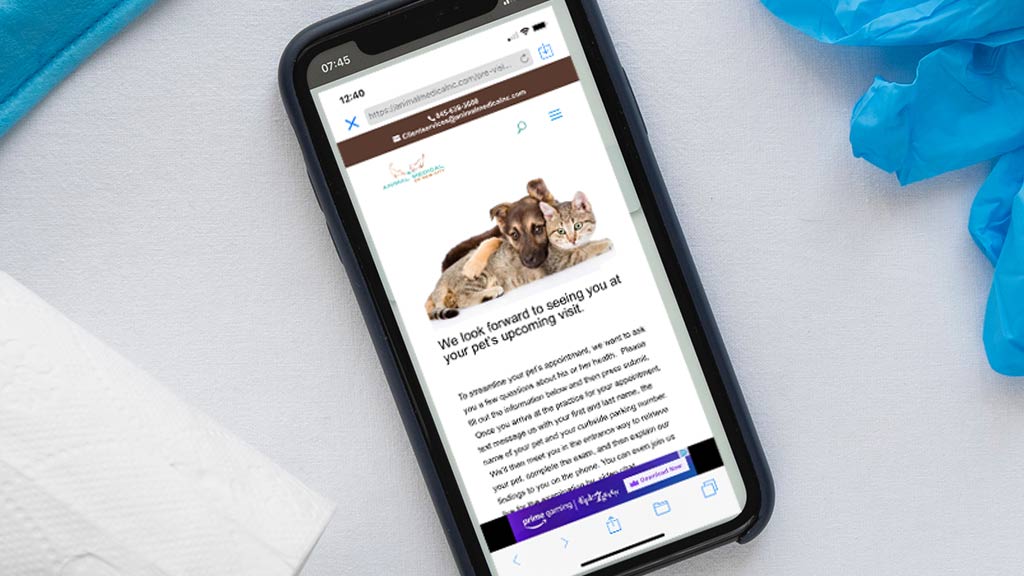Gossip
Studies have shown that up to 70% of all employees report experiencing gossip in the workplace, indicating that it is common. Gossip at work can damage relationships, erode trust, result in harassment or hostile work environment accusations, and increase negativity. Let’s take a closer look at gossip, how it can be destructive, and what to do if you decide to intervene.
$1000.00
$1000.00 referral fee for veterinarian applicants. Sign on bonuses also available. More.
Curbing Gossip
Stop the shaming
Everyone gossips, in fact, there is evidence that human speech itself is a result of our need as a species to exchange ideas about others in our group. Gossip, in this sense, was essential to group cohesion and our ability to live harmoniously in larger numbers. For these reasons it’s probably disingenuous to blame people for gossip when the practice itself may be hardwired into our communication. It’s probably better to remind people of the fallout when the communication practice is used to spread excessively negative or untrue information. Here is more on that topic:
Remind victims to see gossip for what it really is
Social creatures gossip. Chickens gossip. Watch them. They are constantly talking, eyeballing each other, maneuvering inside their group. Dogs do it, but more with their noses and genitals. Well they do, don’t they!? They’re constantly fanning information with their tails and sniffing the latest edition of news wafting out of other dogs’ you-know-what.
Of course, they’re not doing it negatively. Humans use gossip as a cowardly form of meanness an embarrassing amount of time. Gossipers don’t have the moxie to battle face-to-face, so they beat up your reputation when you’re not looking. These sad sacks are feeling underappreciated, misunderstood and vulnerable. In these cases you’re not so much the target of gossip as you are collateral damage to someone’s self immolation. Try a bit of understanding, try a little ‘kill them with kindness’ and satisfy yourself with the fact that while they’re focused on your kindness, you’re thinking kill.
Recognize that it’s not cool
Studies show that by dragging others down, we feel raised up, but it’s the cheapest way to self-gratification. It’s like two teenagers making out: It feels like love, but it’s really just swapping spit. Encourage team members to see gossip as a kind of an adolescent acne. Not pretty.
Understand that it comes with a hangover
Short of having one ugly piece of gossip going viral, no one ever died of a little dirty talk. We all do it! Still chronic gossiping is like chronic drinking: it’s a pathway to an early grave; it’s just the damage targets your psychology instead of your liver.
Skip the dog-eared approach to management. Just use the dog one.
I always say if we treated our team members like dogs instead of humans, we’d make a vast improvement on affecting lasting change.
While time out in a kennel can be useful in some training circumstances, for the most part, we all resort to positive reinforcement when changing the behavior in animals. Not so with humans. We write ’em up; we threaten them with termination. It’s a miracle that by the time we’re done ‘managing’ these people that the worst they’re doing is gossiping.
Earlier this year, I reached out to teachers, animal behaviorists, and professional trainers. I asked them what was the most important factor in successful training. I was as surprised by the answer as I was by the frequency by which it was cited. The response? Trust.
Though we often see one another’s worst side in the stressful maelstrom we call working in a veterinary office, we are, in large part, decent people. When team members resort to low blow attempts to feel better by gossiping, don’t make the mistake of only seeing that as a character flaw. Rather, see it for what it also means: a sign that the individual is tired, stressed, feeling under appreciated and, don’t vomit in your mouth, in need of a kind of virtual hug.
Give that human the equivalent of pat on the head, reassurance that you’re aware of how she feels, that you care. Earn her trust by making it clear that your support is genuine and that, at the end of the day, you’ve got her back.
Conclusion
I keep threatening to write a book called Management Lessons I Learned From Chickens where I’ll chronicle the parallels between flocks and jocks, hens and humans. Just as chickens are constantly exchanging information about members of their group to bring greater cohesion to their barnyard gang, so we too probably need to talk about one another to help us understand, participate, and support each other in social units. Still, it wouldn’t hurt if we learned how to optimize the habit for more consistently positive outcomes.













